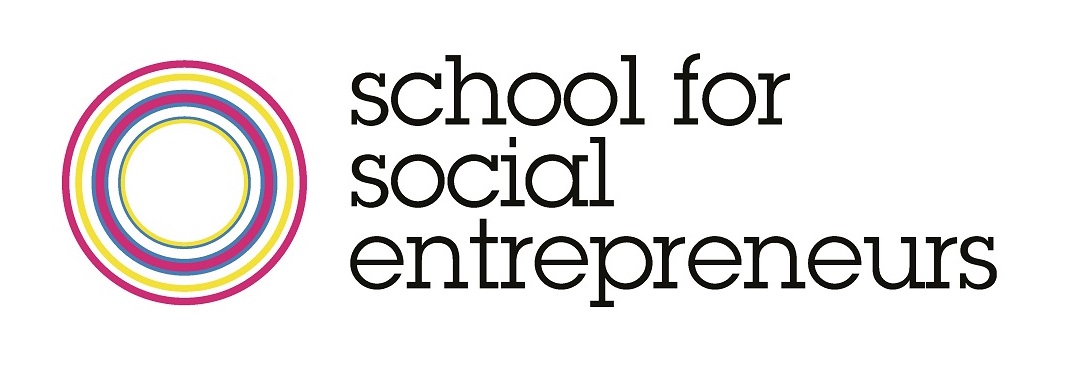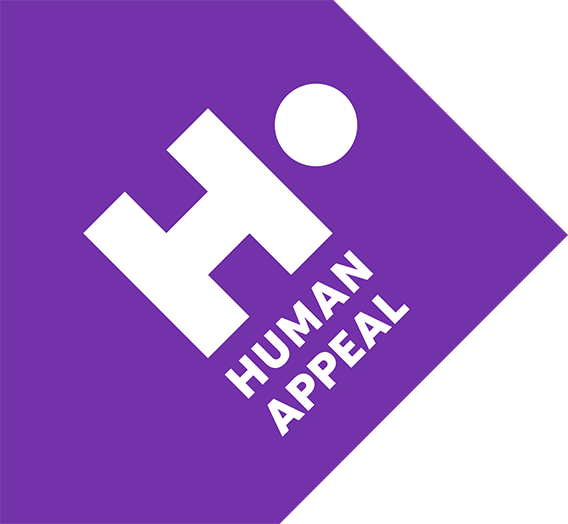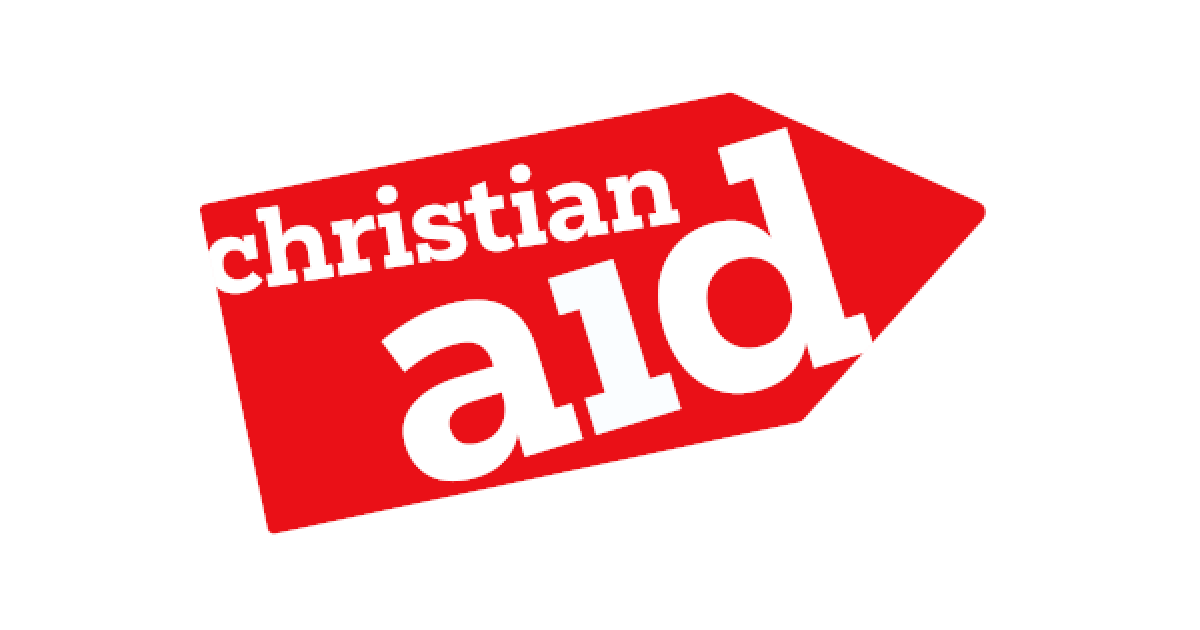Accountability Gaps in UK Charity Oversight Exposed
The Core Story
Last week, The Guardian reported that two UK-registered charities — the Kasner Charitable Trust and UK Toremet — donated £5.7 million to a religious school in Susya, an Israeli settlement in the occupied West Bank. That settlement is considered illegal under international law, including by the UK government.
The donations supported the Bnei Akiva Yeshiva High School, which experts say plays a central role in sustaining the settlement’s population and infrastructure. What’s more concerning is that these funds were:
- Approved by the Charity Commission
- Eligible for Gift Aid, meaning UK taxpayers unknowingly subsidised the donations
No wrongdoing was found under existing UK charity law. And that’s exactly the problem.
The Real Issue: A Lack of Accountability Infrastructure
This story isn’t just about where money went. It’s about the infrastructure of charity oversight — and the limits of current regulation when charitable funds enter complex, contested global situations.
The legal framework is clear — and incomplete:
- UK charity law focuses on charitable purpose (e.g. education, religion)
- It does not require trustees to consider whether recipients are based in settlements deemed illegal by international law
- The Charity Commission does not evaluate political or international legal contexts
So: were the trustees in breach of UK law? No.
But does this expose a regulatory blind spot? Absolutely.
Why This Matters for the Sector
1. Charitable intent can still cause harm
A donation to a school sounds benign — but when that school helps embed a settlement into contested land, the wider impact must be acknowledged. Charity in form is not always charity in effect.
2. Taxpayer funding was involved
Because Gift Aid was claimed, this wasn’t just private giving. Public money flowed to an internationally condemned settlement — without most UK taxpayers knowing.
3. Reputation risk is real
If the public sees charities — even inadvertently — supporting activities that conflict with the UK’s own stated values or international norms, it can damage trust across the whole sector.
What Real Accountability Could Look Like
This case isn’t about singling out two organisations — it’s about identifying gaps the entire sector must help close.
Possible reforms:
- Contextual due diligence: Require trustees to assess the geopolitical and legal environment of overseas partners — not just their mission.
- Gift Aid eligibility review: Introduce a public interest test for overseas donations before allowing tax relief.
- Regulatory capacity building: Equip the Charity Commission (or a specialist body) to review applications involving high-risk areas through an ethical or human rights lens.
A Moment for Reflection
As charities operate globally — often in fragile or politicised settings — their responsibilities grow. The sector must ask:
Are we equipped — legally, ethically, and structurally — to ensure that our good intentions don’t contribute to wider harm?
Accountability doesn’t mean perfection. It means being willing to confront complexity, update frameworks, and hold ourselves to the same standards we expect from others.
Join the Conversation
- How can charity law better respond to contested global contexts?
- Should international law factor into charitable oversight?
- How should the sector balance intent, impact, and trust?
👉 Let us know using #CharityChampionAccountability
📩 Reach out to contribute your views or examples
Published: 21 July 2025
Updated: 21 July 2025








